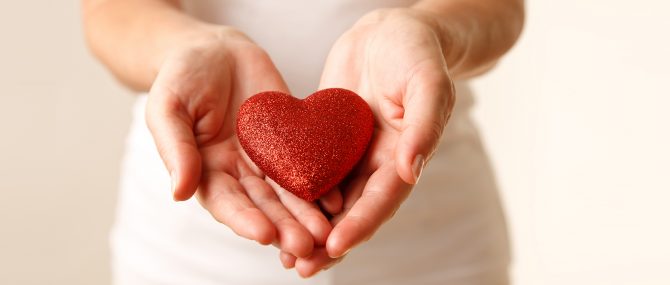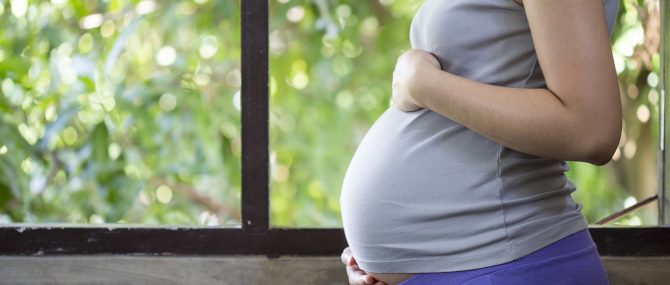Regulations governing medically assisted human reproduction techniques in the Czech Republic—in accordance to Law 227/2006—allow egg donation as a treatment for the provision of a reproductive solution to female fertility problems.
Provided below is an index with the 4 points we are going to expand on in this article.
- 1.
- 2.
- 3.
- 4.
Indications
Most common causes why a woman may need to turn to egg donation are:
- Early menopause or premature ovarian failure
- Poor ovarian reserve (low egg quality and quantity)
- Genetic diseases likely to be passed to offspring
- Recurrent IVF failure using own eggs, either due to recurrent implantation failure (RIF) or recurrent pregnancy loss (RPL)
- Advanced maternal age
Women suffering from any of the above mentioned fertility issues can resort to in vitro fertilization (IVF) using donor eggs in order to achieve motherhood. The age limit to undergo donor-egg IVF is currently set to 48 years old + 364 days on the day of the embryo transfer.
Legal aspects of egg donation
Czech Law 227/2006 on Medically Assisted Reproduction (MAR) and fertility treatments highlights two main aspects regarding egg donation: altruism and anonymity.
Egg donors in the Czech Republic must remain both anonymous and are required to act voluntarily. This means the girl willing to donate her eggs consents it without outside coercion—as she declares in the informed consent she must sign—and agrees that she will not meet the couple who is about to receive her eggs to have a baby.
Anonymity must be a two-way process, which is to say, egg donors can get neither identifiable information about the receiving couple nor about the donor-conceived child.
On the other hand, the fact that egg donors must act in an altruistic manner implies that selling eggs is forbidden. However, egg donors may be financially compensated for any expenses derived from the egg donation process, such as travel expenses, lost working hours, etc.
The Czech law also sets out that donors won't have any type of parental right or obligation over the donor-conceived individual, as well as the requirements she must suit:
- To be aged between 18 and 35
- To enjoy good health
- To sign an informed consent
Lastly, only heterosexual couples can have access to this technique, as established by law. This means that single women and same-sex couples are not included, this way ruling out their chance to turn to assisted conception to achieve parenthood.
Donor-egg IVF
When donor eggs are used, patients have no other choice but to undergo an in vitro fertilization process, thereby thwarting any potential use of intrauterine insemination (IUI). Depending on sperm quality—whether donated or collected from the prospective father—, the most suitable type of IVF (conventional IV or ICSI) will be chosen.
When a woman undergoes this fertility treatment to become a mother, she tries to avoid ovarian stimulation and follicular puncture at all costs. However, she is required to start a treatment consisting in preparing her body for the period of endometrial receptivity, also known as “window of implantation”.
This treatment allows the endometrium, i.e. inner layer of the uterus in which embryo implantation takes place, to acquire the desired appearance and thickness in order to increase the pregnancy success rates. It involves taking hormone medications either through patch, mouth, or vaginal route, the latter in the form of tablets composed of estrogens and progesterone.
As for international patients, many fertility clinics allow foreign women to begin taking hormone-based drugs for the preparation of the endometrium within their country of origin and visit the Czech center where she is about to undergo IVF only a few days before the embryo transfer due date.
We make a great effort to provide you with the highest quality information.
🙏 Please share this article if you liked it. 💜💜 You help us continue!




Are women accepted if they smoke just 2 or 3 cigarettes per day? Because I meet all 3 requirements you’ve mentioned here, but my sin is that I cannot quit smoking so easily, but I don’t think just one cigarette a day could make me be a less healthy person. There are people who drinks plenty of Coke daily and what about them? Are they accepted in egg donor programmes as well?
Dear Charlotte,
the answer to your question may depend on each fertility clinic. However, some clinics o accept egg donors provided that they’re light smoker (1-5 cigarettes/day). Anyhow, you are advised to give up completely until you have had your eggs removed; that would give the receiving couple the very best chance to succeed.
Ideally, women need to have stopped smoking in order to donate their eggs. Heavy smokers are unaware of how detrimental it is for their eggs, since they thicken their wall to protect themselves against the toxins released by cigarettes, thereby reducing the success rates of fertilization. This is the reason why there are many clinics which do not usually accept smokers as donors.
I hope I have clarified all your doubts,
Regards